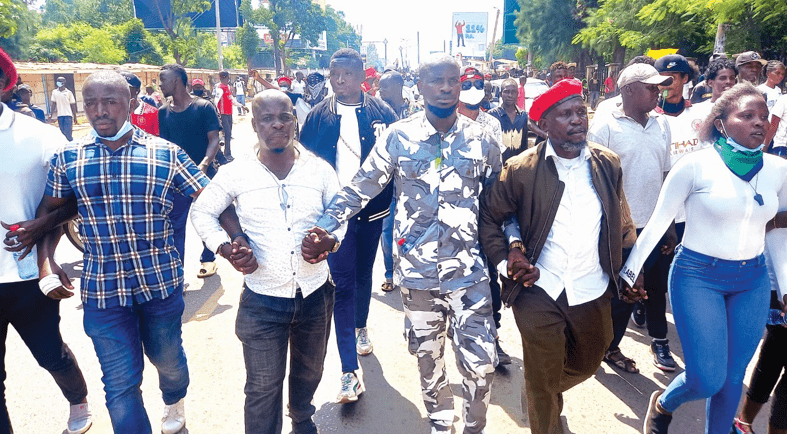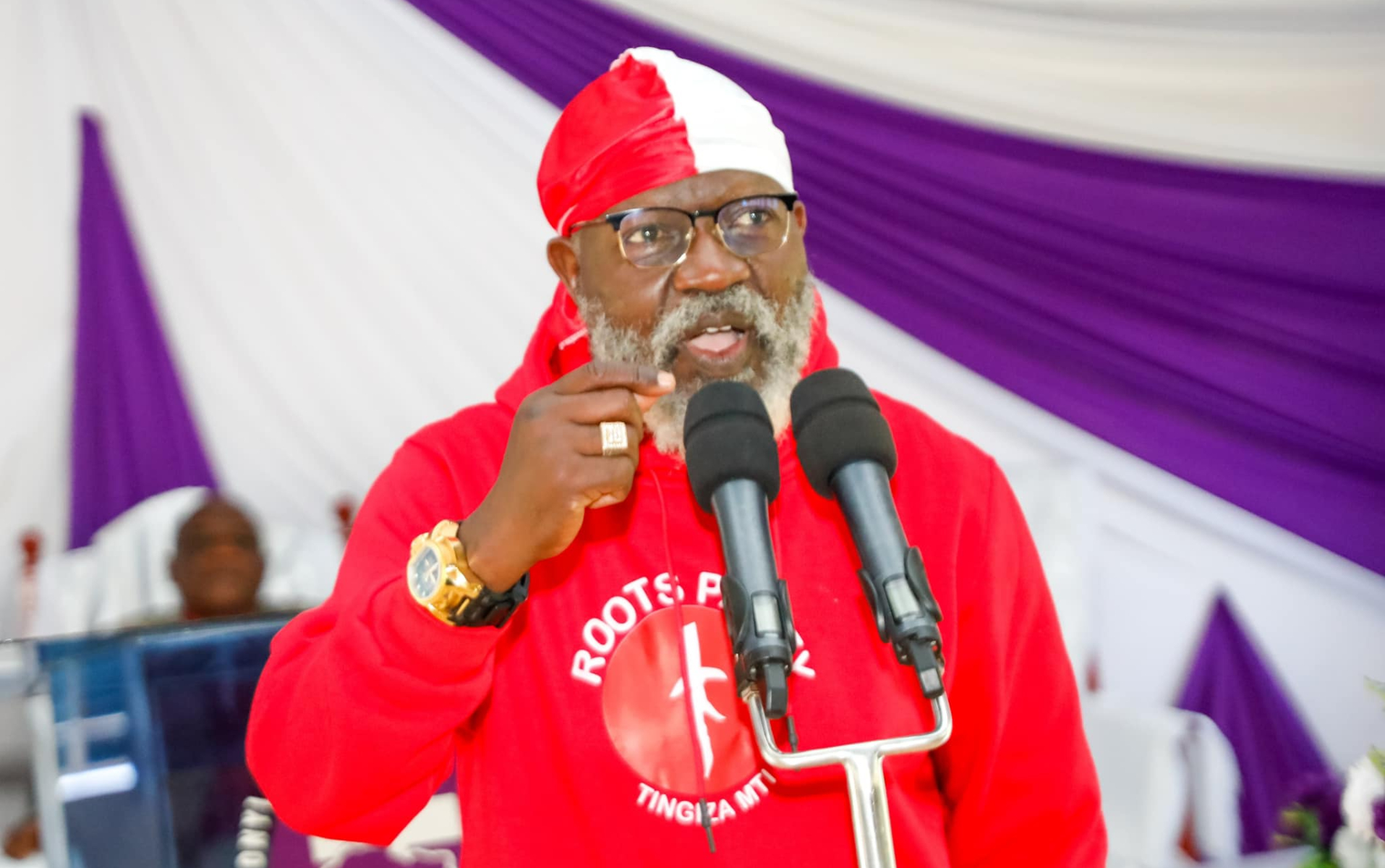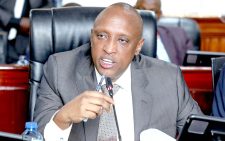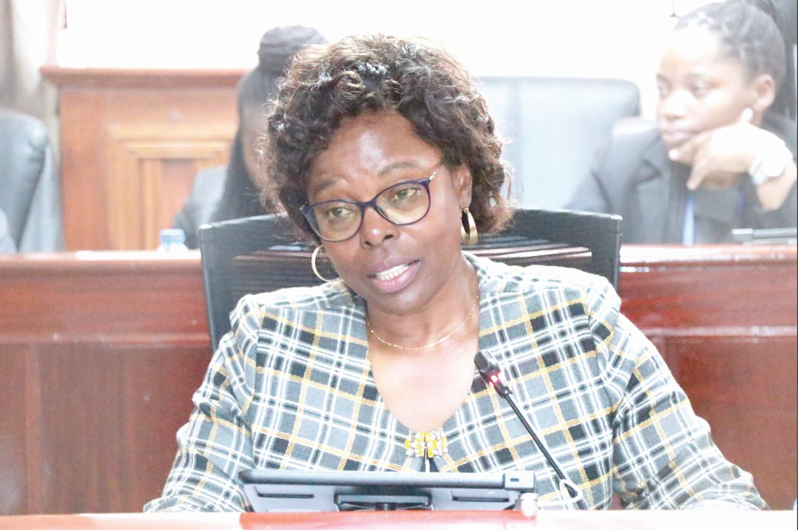Health, Education worst hit by budget cuts

Ministries, Departments and Agencies (MDAs) that offer critical services have suffered a major setback following the deductions of their budgets due to the withdrawal of the Finance bill.
In the proposed reduction of Sh156.4 billion as contained in the 2024/25 supplementary estimates from the National Treasury, the most affected ministries include Health, Energy, National Treasury, Education, Roads, Interior, Housing, National Police Service, Parliament, Housing, Statehouse, Lands, Office of the President and Vice President.
Following the submissions of the estimates to the National Assembly, Speaker Moses Wetangula referred the same to the Budget and Appropriations (BAC) chaired by Kiharu MP Ndindi Nyoro to consider the same and table a report to the house for consideration.
The National Assembly is expected to resume house sittings next week on Tuesday after MPs took a three-week break immediately after they passed the controversial Finance bill.
The Bill has since been withdrawn, as its passing led to the invasion of parliament by protestors who were opposed to it.
To ensure that the National Assembly is in line with the austerity measures and expenditure reductions, Wetangula directed that the attendant sittings of house committees be held within the precincts of parliament.
Should the available meetings be inadequate, he said the affected committees should hold sittings in government facilities.
Said Wetangula: “That the Budget and Appropriations Committee is required to guide the process, seek public views and report to the house on or before Wednesday, July 24, 2024, to enable the house to subsequently consider the supplementary estimates and the supplementary Appropriations Legislation so as to give effect to the Revised Fiscal Framework and the proposed expenditure reductions.”
Recurrent budget
In the estimates, the overall recurrent budget is being reduced by Sh34billion while the development budget is being reduced by Sh122.4 billion.
The education sector is among the hardest hit sectors as it is set to lose a whooping Sh23.1 billion.
Of this Sh3.172 will be deducted from the state Department for Technical Vocational, Education and Training, Sh4.993 billion for Higher Education and Research and Sh14.93 billion for the state Department for Basic Education.
The reduction of the education budget is likely going to affect the hiring of Junior Secondary School teachers and school feeding programme The government however had assured that money meant for this vote would be sourced from other government agencies vote heads.
Other sectors likely to be affected include the school feeding programme and university funding that had been pegged on the controversial Finance Bill.
The committee on Education led by the chairperson and Tinderet MP Julius Melly, had directed the Teachers Service Commission (TSC) to convert the 26,000 interns into permanent employment beginning July 2024 and not January 2025.
TSC is on record that it will require Sh8.3 billion to absorb 26,000 interns out of the 46,000 who have been on strike beginning July this year, while Sh4.68 billion was for the recruitment of an additional 20,000 interns,
The health docket will lose a whooping Sh8.935 billion out of which Sh6.99 billion will be deducted from the State Department for Medical Services and Sh1.943 billion will be removed from the State Department for Public Health and Professional Standards.
The Principal Secretary Harry Kimtai is on record saying that they require Sh3.7 billion for the absorption of medical interns.
The intern doctors called off their 56-day strike after members of the Kenya Medical Practitioners, Pharmacists and Dentists Union reached a return-to-work formula agreement on May 8. The agreement was to address the 1,210 medical intern postings. Disputes over pay scales remained, though.
The National Police Service budget has been reduced by Sh2.7 billion while the State Department for Internal Security & National Administration has been slashed by 8.55 billion.
Difficult to implement
In May, former Inspector General of Police Japeth Koome regretted that it would be difficult to implement the recommendations of the task force on reforms chaired by former Chief Justice David Maraga requiring that officers in the National Police Service (NPS), Prisons Service and the National Youth Service get a 40 per cent salary due to budgetary cuts as the Sh15 billion that had been budgeted for it had been removed from the NPS budget.












